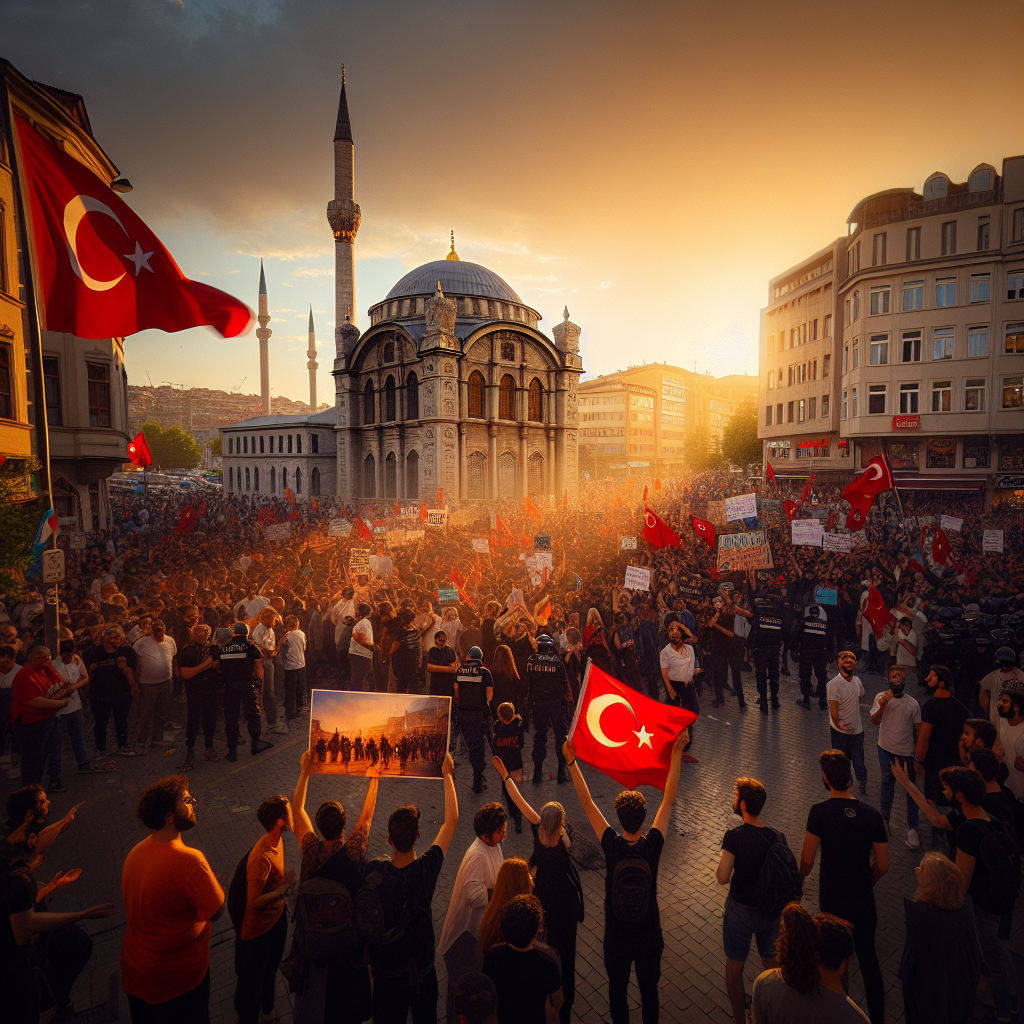Listen to this post: Erdoğan Rival’s Lawyer Arrested: Turkey Tensions Rise
Analysis
The arrest of Selahattin Demirtaş’s lawyer marks another troubling milestone in Turkey’s ongoing democratic regression. It sends an unnerving message to legal professionals and political opponents alike: providing legal defense for opposition figures might carry serious personal consequences. Lawyers, once a protective barrier in controversial cases, are increasingly being drawn into the target spectrum.
Growing Authoritarianism and Judicial Overreach
Turkey has faced growing criticism for undermining judicial independence since the 2016 failed coup attempt. The government used that turbulent period to launch a sweeping purge across public institutions—including the courts. As highlighted in a 2023 Human Rights Watch report, over 4,000 judges and prosecutors have been dismissed since then, replaced frequently by Erdoğan loyalists.
“The arrest of opposition lawyers is both a signal and a symptom—intended to silence dissent and shake the very foundations of legal advocacy.”
Emma Sinclair-Webb, Human Rights Watch
This latest development is not merely a legal issue—it’s a political maneuver. The Erdoğan administration may be seeking to hinder Demirtaş’s ability to mobilize or maintain any symbolic political force from behind bars. As his party continues to hold sway among minority groups and young voters, silencing his legal team disrupts potential campaign strategies.
Implications for Domestic Politics and International Relations
With the next local elections approaching, Erdoğan’s strategy appears to be two-fold: consolidate internal control and suppress opposition voices well before the polls. This includes neutralizing key players, both inside and outside prison walls. The response from opposition parties has been one of outrage. Legal and civil society organizations have already staged protests and press conferences to demand accountability.
Internationally, this action positions Turkey further at odds with the EU and organizations like the Council of Europe. While Turkey remains important to Europe in matters of migration and regional stability, actions like these complicate diplomatic dialogue. The European Parliament recently voiced “grave concern” over judicial abuses, and this week’s arrest only adds fuel to their accusations of democratic backsliding.
- Trend: Increasing criminalization of legal advocacy in political cases.
- Concern: Chilling effect on lawyers willing to defend opposition figures.
- Prediction: We may see pre-election crackdowns intensify, particularly against Kurdish and progressive voices.
Ultimately, this arrest does more than shake up Turkish politics—it underscores a brewing crisis in democratic institutions. As Erdoğan prepares for another crucial electoral cycle, Turkish citizens and the global community must stay alert to further erosions of civil liberties.
Sources
Original reporting sourced from Google News – POLITICO Europe
Disclaimer
This post was written with the assistance of AI technology and includes an AI-generated image.













